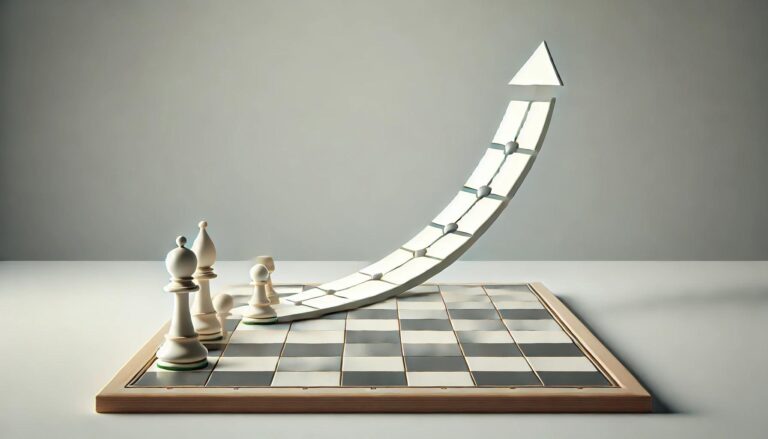Introduction
Chess is a popular board game that has been played for centuries, and it is not only a source of entertainment and competition, but also a brain-training game. The game of chess requires critical thinking, analytical skills, and strategic planning, making it an ideal choice for improving cognitive skills. In this article, we will explore how chess can enhance cognitive skills and why it is considered an effective brain training game.
History of Chess
The origins of chess can be traced back to ancient India, where it was called chaturanga, meaning âfour divisions of the militaryâ. The game spread to Persia and then to the Arab world, where it was known as shatranj. It wasn´t until the 15th century that the game as we know it today was developed in Europe. Since then, chess has gained worldwide popularity and is now recognized as a sport by the International Olympic Committee.
Cognitive Skills Enhanced by Chess
Chess is often referred to as the âgame of kingsâ because of the intellectual challenges it presents. The game requires players to use a variety of cognitive skills such as memory, logical reasoning, problem-solving, spatial awareness, and concentration, making it an excellent brain training game. Here are some of the cognitive skills that are enhanced by playing chess:
In chess, players have to remember the moves they have made as well as anticipate their opponent´s moves. This requires a good memory to keep track of all the different pieces and their positions on the board. As the game progresses, the number of possible moves increases, and players have to remember the different possible outcomes of their moves. This exercise of the brain helps in improving memory retention and recall.
Chess is a game of logic, where players have to use critical thinking and reasoning skills to assess the board and make strategic decisions. They have to evaluate the strengths and weaknesses of their own pieces and those of their opponent, as well as anticipate potential moves and counter moves. This constant use of logical reasoning helps to develop oneâs ability to think critically and make rational decisions.
In chess, players are presented with a problem in the form of a complex board setup, and they must come up with a solution to outsmart their opponent. This requires analytical skills to break down the problem into smaller parts and consider different possibilities before making a move. The game also teaches players to focus on the long-term goals rather than short-term gains, which is an essential problem-solving skill to have in all aspects of life.
Chess is a game of strategy and planning, and to excel at it, players have to develop a strong sense of spatial awareness. This means being able to visualize the moves of different pieces and their impact on the overall game plan. As players become more experienced in chess, their spatial awareness improves, and they are able to think several moves ahead, which is a crucial skill in both chess and real-life situations.
Chess requires players to stay focused and concentrated throughout the game. It is a mental exercise that demands players to pay close attention to their opponent´s moves, anticipate counter-moves, and analyze the board. This constant mental stimulation helps to improve concentration skills, which can then be applied in other areas of life, such as academics and work.
How to Use Chess as a Brain Training Game
To fully reap the benefits of chess as a brain training game, it is essential to approach it with a purpose. Here are some tips on how to use chess as a brain training game effectively:
As with any other skill, consistent practice is key to improving cognitive skills through chess. Make a habit of playing regularly, whether it´s against a computer, online opponents, or in person with friends. Set a specific time and schedule for playing each day, as this will help you to stay focused and committed to improving your skills.
To improve your cognitive skills, it is essential to challenge yourself by playing against more advanced players. This will push you out of your comfort zone and help you to develop new strategies and techniques. You can also try solving chess puzzles or playing chess variants to keep your mind engaged and challenged.
After every game, take some time to analyze your moves, mistakes, and the outcome of the game. This will help you to identify areas that need improvement and learn from your mistakes. You can also seek feedback from more experienced players or use chess analysis software to analyze your games and identify strategies that work best for you.
Joining a chess club or participating in tournaments is an excellent way to meet other players and gain more experience. You can also learn from observing how other players approach the game and apply their strategies in your own games.
Conclusion
Chess is more than just a game; it is a brain training exercise that can improve various cognitive skills. Regular practice and challenging yourself in chess can help to enhance memory, logical reasoning, problem-solving, spatial awareness, and concentration. So the next time you play chess, remember that you are not just having fun, but also exercising and improving your brain.

